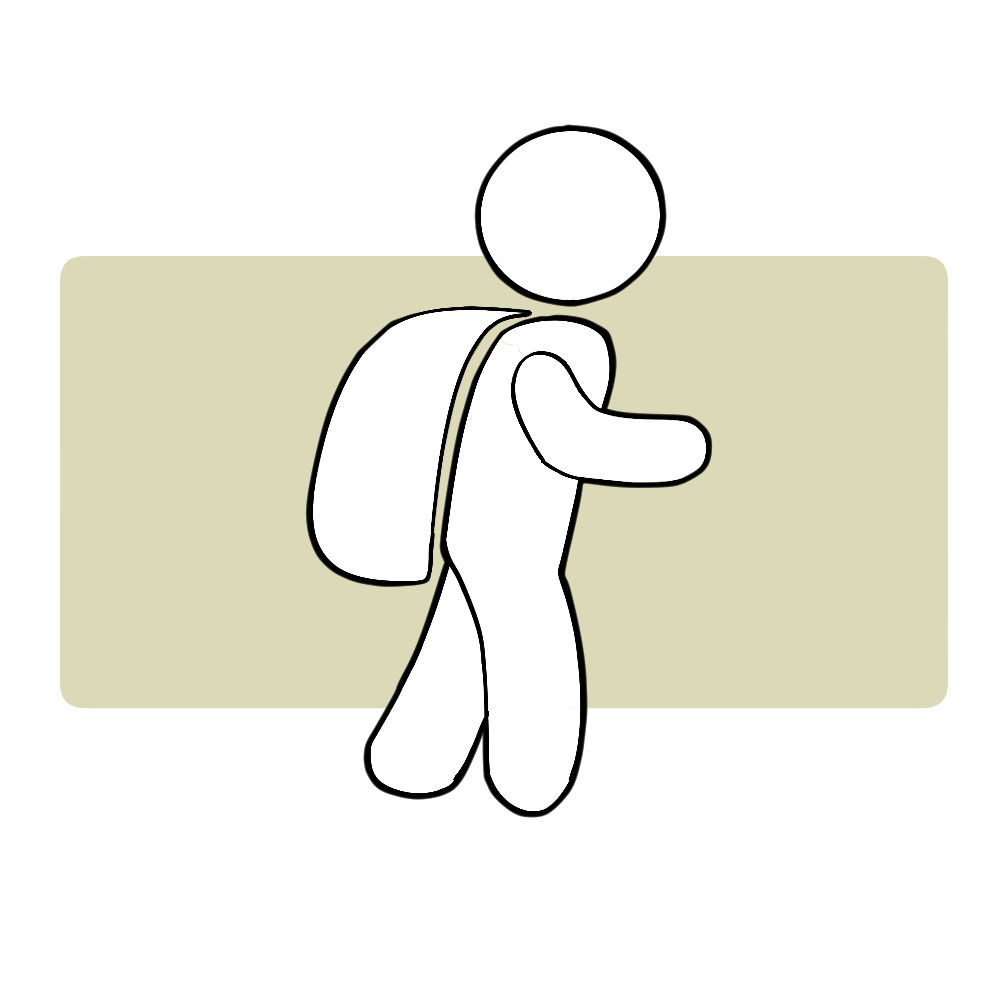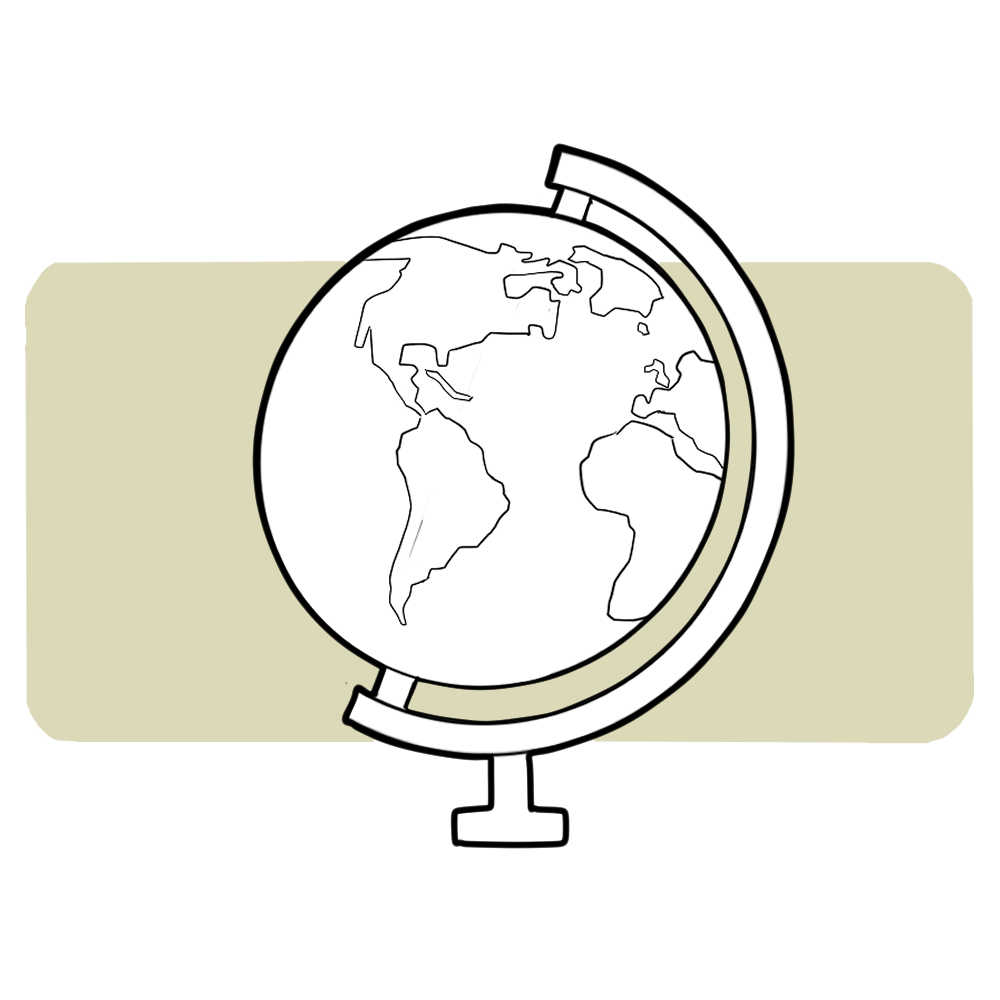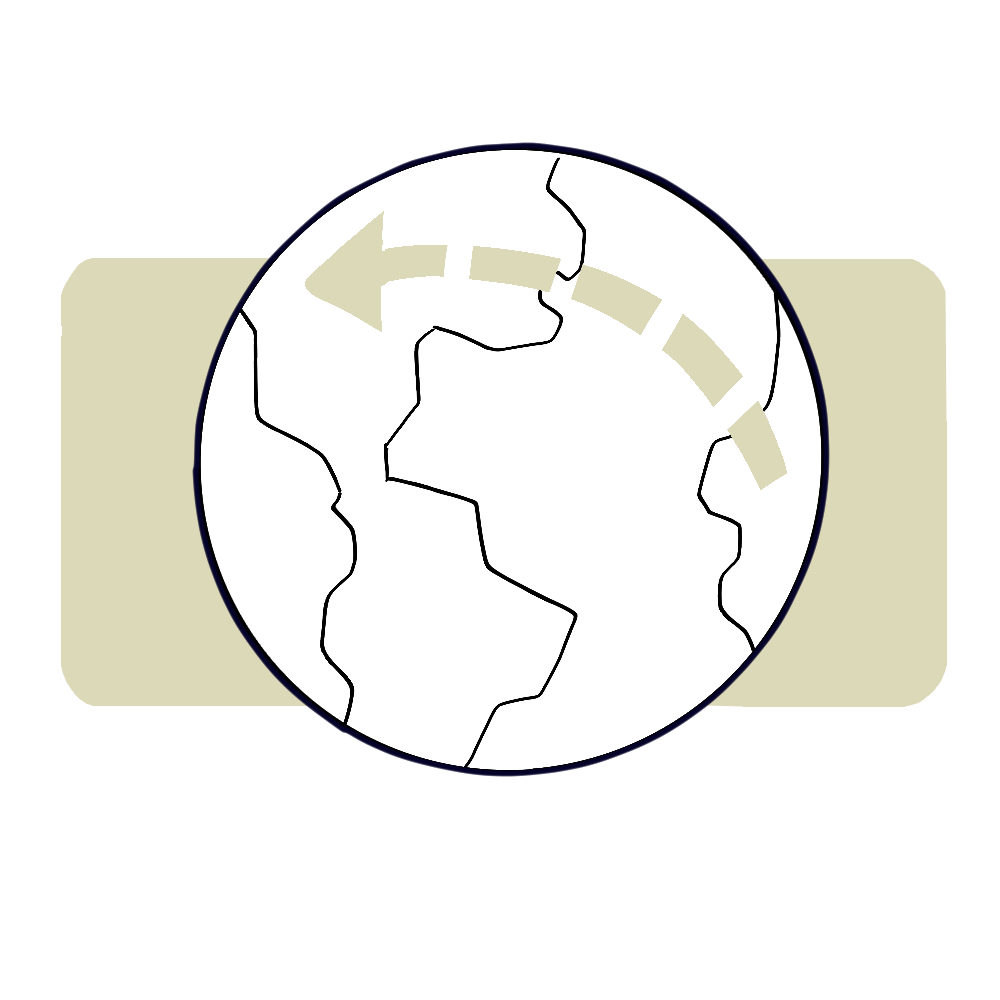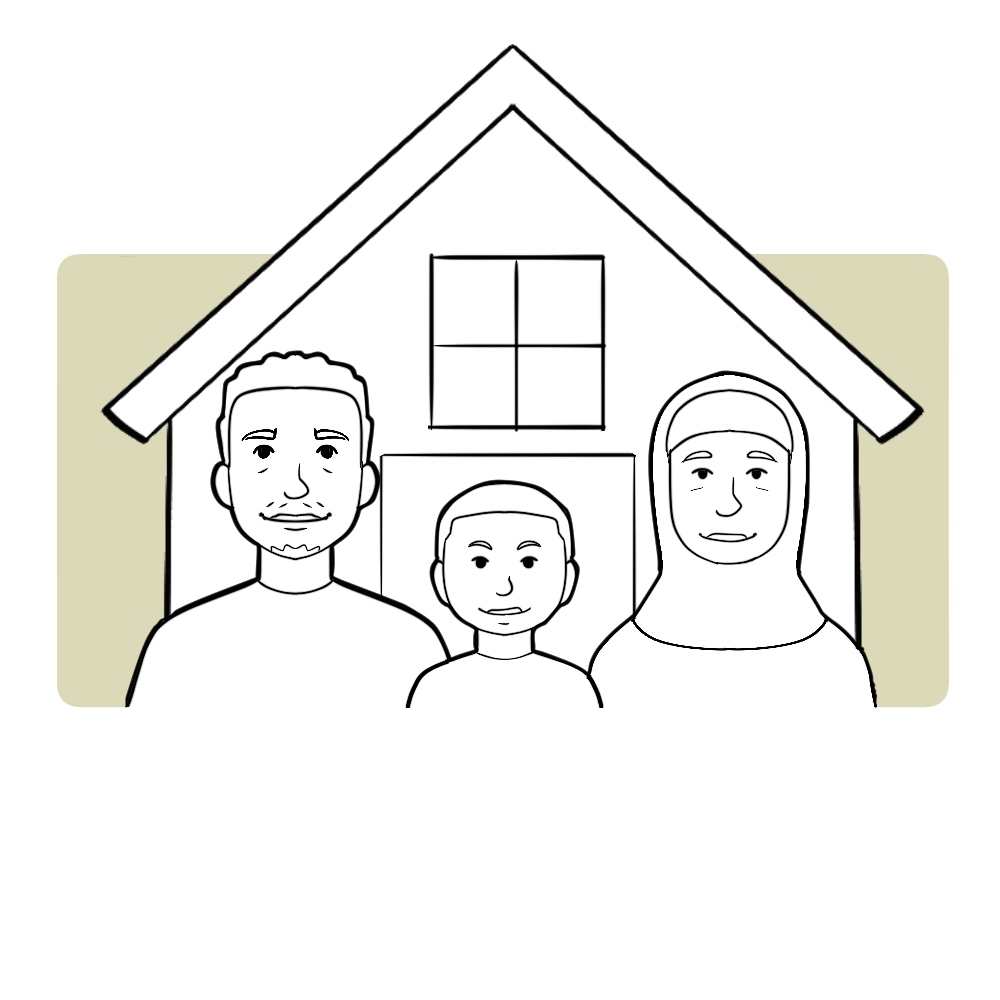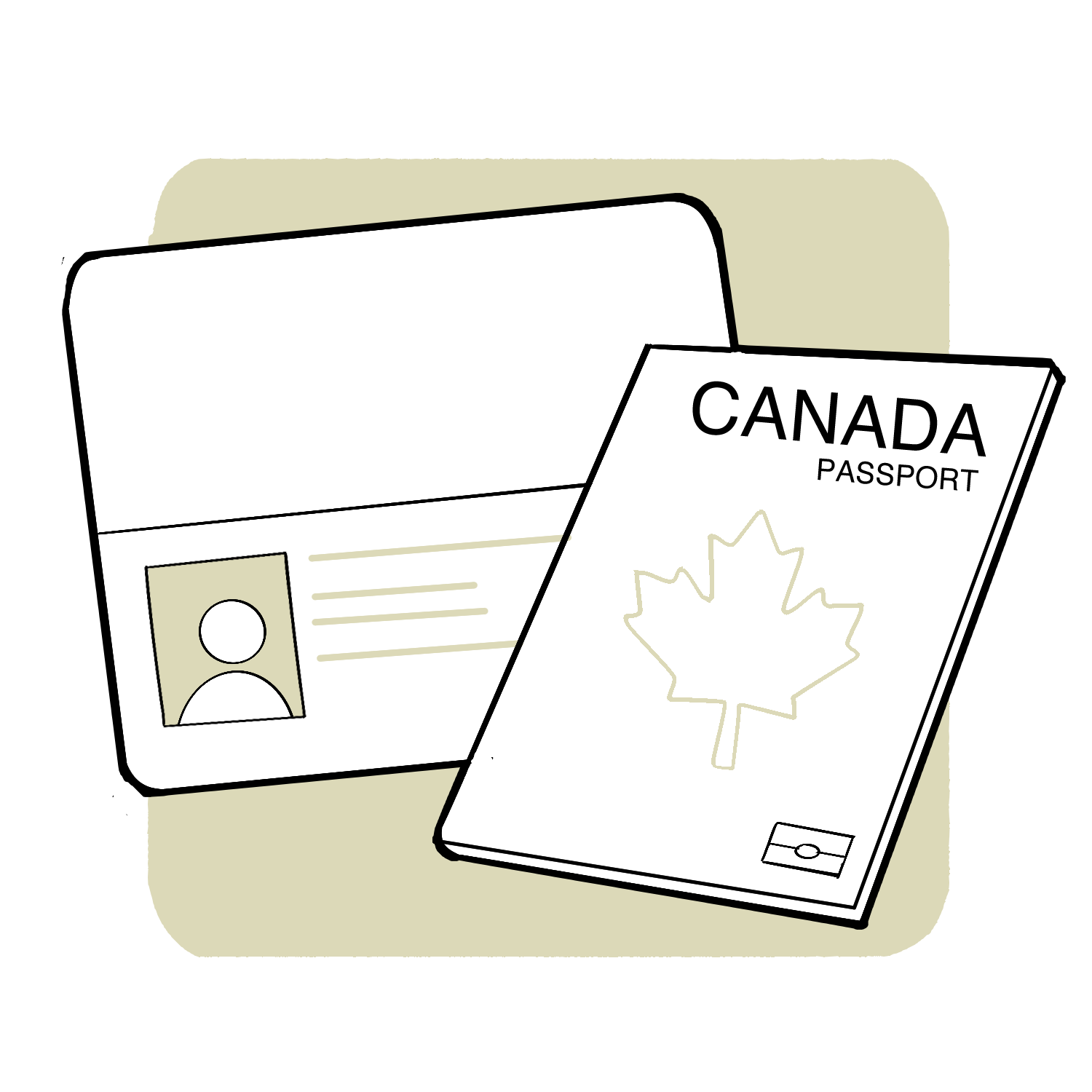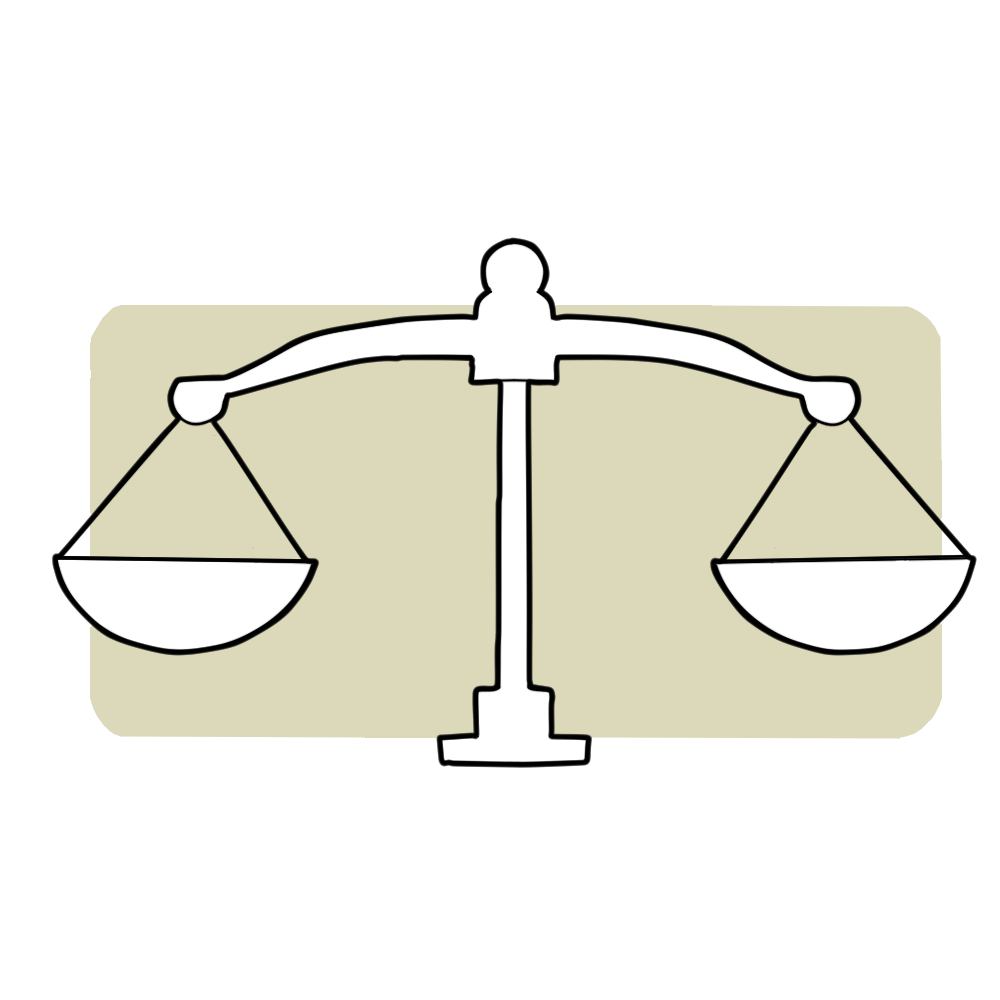What is a durable solution?
A durable solution is a way for refugees to be able to find a permanent and safe place to live. To be eligible for sponsorship as a refugee, the applicant must have no reasonable prospect, within a reasonable period of time, to obtain another durable solution, outside of Canada.
This also includes Internal Flight Alternatives which involves the consideration of whether the individual could have found a safe haven in another location within the country of nationality or residence at the time of their flight. If so, they will not need Canada’s protection.
There are three different types of durable solutions for refugees:
Voluntary Repatriation:
A voluntary repatriation happens when refugees voluntarily choose to return to their country of nationality or habitual residence. For voluntary repatriation to be possible, the situation in the country of origin must have changed in a lasting and meaningful way that allows the refugees to return safely, such as an end to a conflict or war.
Some things that may indicate that a refugee has a durable solution through voluntary repatriation include:
- the conclusion of a peace agreement;
- an amnesty for persons who have left the country; or
- the spontaneous, voluntary return of significant numbers of individuals in similar situations
Local Integration:
Local integration means a long-term solution for a refugee’s situation that goes beyond just providing safety. A locally integrated refugee can live permanently in the host country with safety and dignity and participate in its legal, economic, and social benefits.
Having legal status in a country is a strong sign that a refugee is locally integrated. However, a refugee can still be seen as locally integrated even if they do not have legal status in their host country. Also, if a refugee needs to renew their status, it does not automatically mean they are not locally integrated. But if a country makes it very hard for refugees to renew their status, it may show that real local integration is not possible there. In those cases, refugees may face a serious risk of being sent back to their home country (this is called ‘refoulement’).
Resettlement:
Resettlement means being offered a chance to move to a country to live safely and permanently.
How Durable Solutions Are Assessed?
To determine if a refugee has a reasonable chance of finding a durable solution there are a few factors that are considered:
Safety and Security:
- Can the refugee live in the country without the threat of persecution or violence?
- Is the applicant’s physical welfare or security at risk in the meantime?
Legal or de facto Status:
- Does the solution provide the refugee with a clear legal status (e.g., permanent residency or citizenship)?
- Can the refugee, without clear legal status, be considered locally integrated due to lasting, real conditions?
Access to Rights:
- Can they access the same rights as nationals of the host country (employment, education, healthcare, freedom of movement)?
- Are there factors such as widespread discrimination by the host society that prevent real access to these rights?
- Is a durable solution likely to become available for the refugee in question?
- How long will it take before the applicant would benefit from the solution?
General Consideration:
- Would that solution meet international standards?
How Durable Solutions Are Assessed?
To determine if a refugee has a reasonable chance of finding a durable solution there are a few factors that are considered:
Learn more about Canada’s refugee sponsorship program on the How to sponsor a refugee page or the IRCC website.
Contact Us

